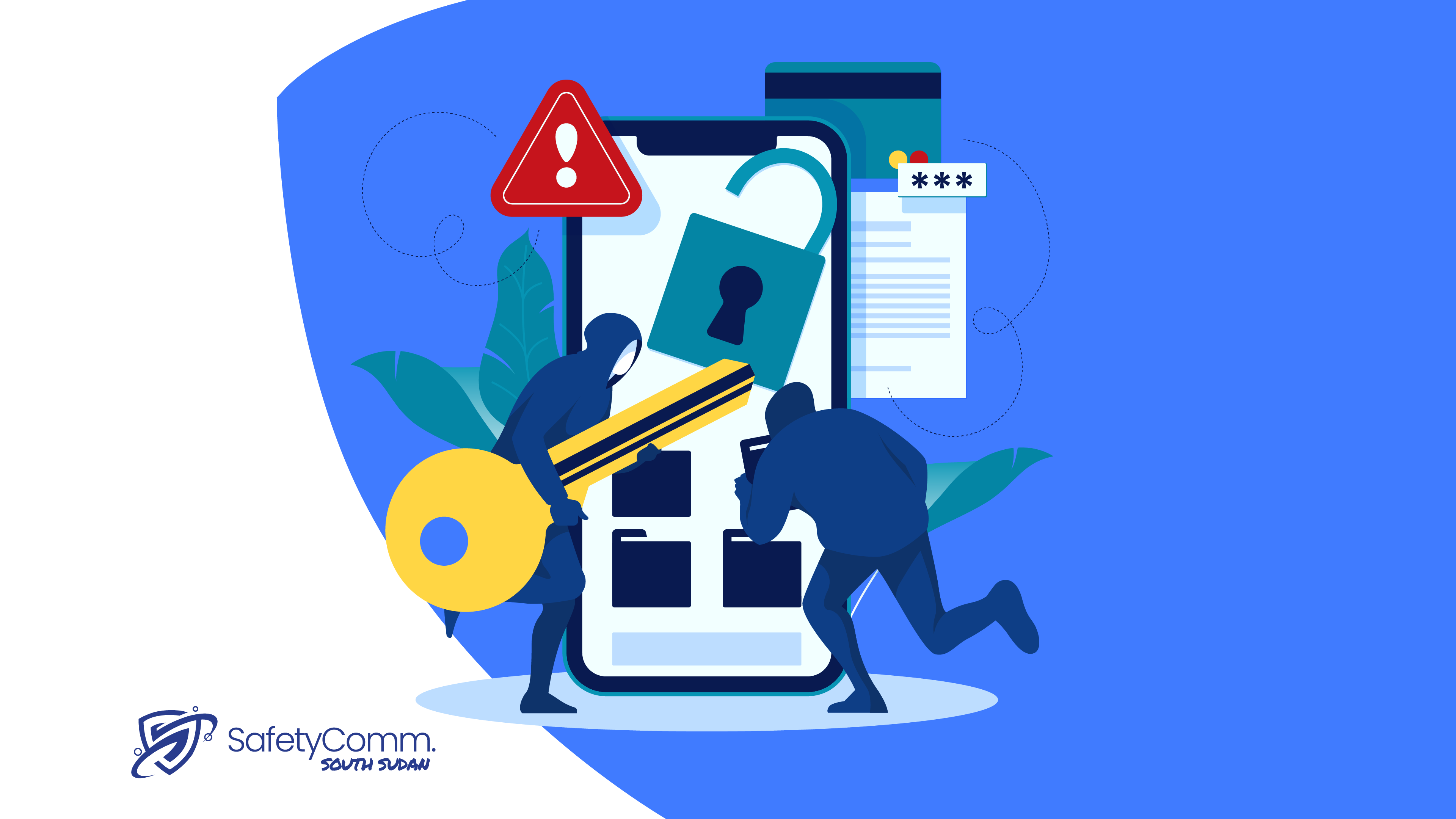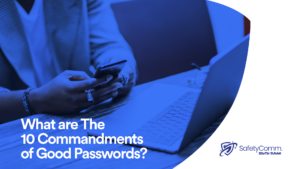In the vast world of the internet, scammers lurk, seeking to take advantage of unsuspecting users like you. Their tactics are constantly evolving, making it crucial to stay vigilant and informed.
In this blog, we will empower you with knowledge on how to detect and avoid online scammers. Additionally, we’ll outline the steps to take if you unfortunately fall victim to their deceptive schemes.
Detecting Online Scammers
- Be skeptical of unsolicited requests: Scammers often initiate contact through unsolicited emails, messages, or phone calls. Be cautious when approached by individuals or organizations you haven’t interacted with before. Scrutinize their motives and intentions before sharing any personal information.
- Poor grammar and spelling mistakes: Many scammers operate from countries where English is not the primary language. Look out for suspicious emails or messages with multiple grammatical errors, misspellings, or awkward sentence structures. Legitimate organizations usually maintain a professional standard in their communication.
- Too good to be true offers: Scammers often entice their victims with irresistible offers like free vacations, incredible discounts, or large sums of money. Remember, if it sounds too good to be true, it probably is. Exercise caution and do thorough research before engaging further.
Avoiding Online Scammers
- Verify the legitimacy of websites: Before making any online purchases or sharing personal information, ensure that the website is secure and reputable. Look for “https” in the URL, indicating a secure connection, and search for reviews or ratings to validate the website’s authenticity.
- Protect your personal information: Never share sensitive information, such as your social security number, passwords, or financial details, through unsecured channels or with unknown individuals. Legitimate organizations will not ask for such information without a valid reason.
- Use strong and unique passwords: Create strong passwords for your online accounts, combining uppercase and lowercase letters, numbers, and symbols. Avoid using the same password for multiple accounts, as it makes you vulnerable if one account is compromised.
- Be cautious with public Wi-Fi networks: Public Wi-Fi networks can be insecure, allowing scammers to intercept your data. Avoid accessing sensitive information, such as online banking or entering passwords, while connected to public Wi-Fi. Consider using a virtual private network (VPN) for added security.
What to Do When Scammed
- Act quickly: If you realize you’ve been scammed, act swiftly to minimize the potential damage. Change your passwords immediately, contact your bank or credit card company, and inform them about the fraudulent activity.
- Report the scam: File a complaint with the appropriate authorities, such as your local police department, the Federal Trade Commission (FTC), or the Internet Crime Complaint Center (IC3). Provide them with as much information as possible to aid in their investigation.
- Monitor your accounts: Regularly monitor your bank and credit card statements for any unauthorized transactions. Consider enrolling in credit monitoring services to keep a close eye on your financial activity.
- Educate others: Share your experience with family, friends, and on social media platforms to raise awareness about the scam and prevent others from falling victim. Together, we can build a stronger defense against scammers.
Conclusion
As technology advances, online scammers continue to evolve their tactics. By staying informed and following the tips outlined in this blog, you can significantly reduce the risk of falling prey to their deceptive schemes.
Remember to be skeptical, verify legitimacy, and protect your personal information. In the unfortunate event of a scam, act swiftly, report the incident, and take steps to recover your losses.
Stay vigilant and share your knowledge to create a safer online environment for all.




